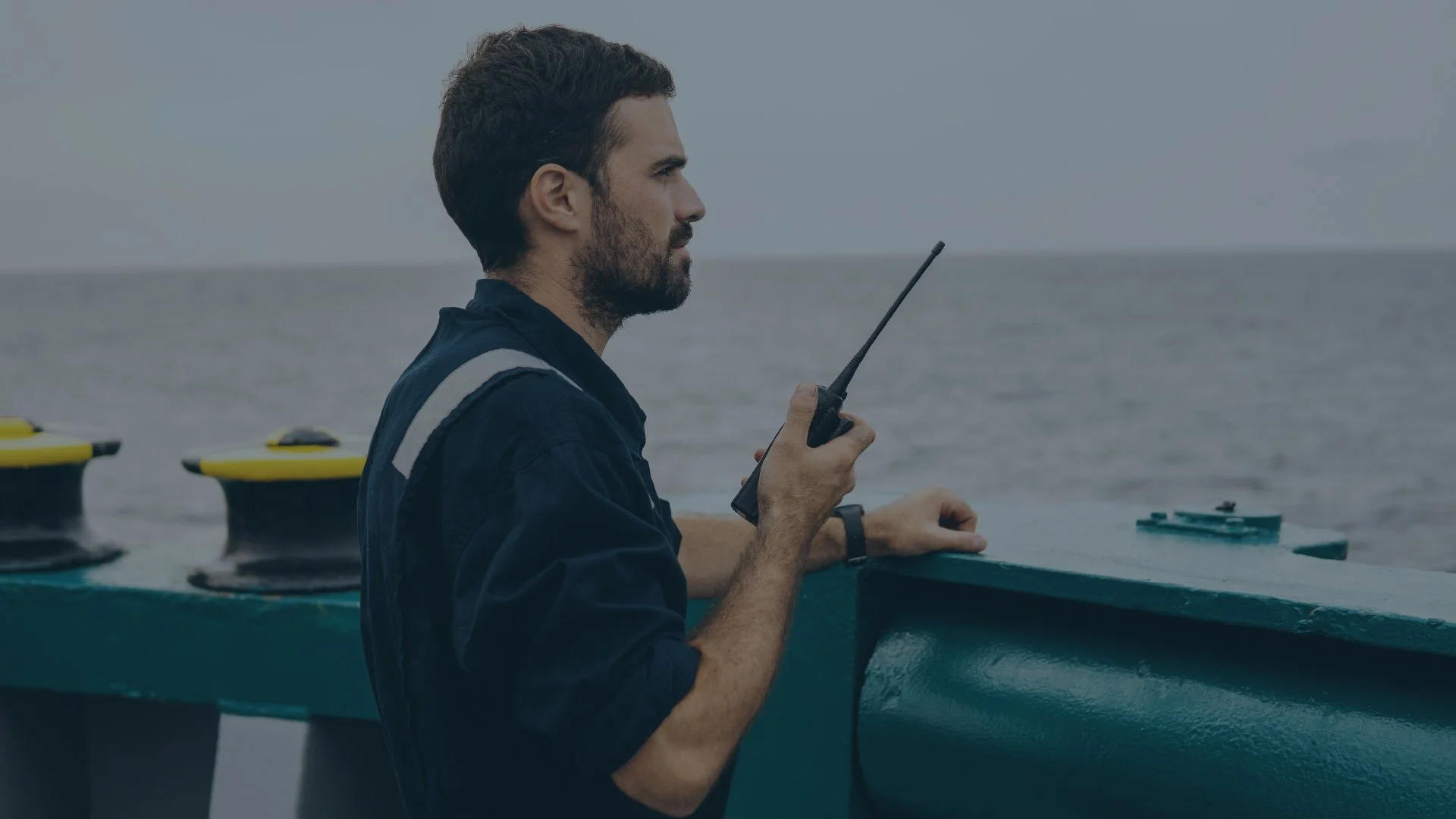
Fighting Piracy
Piracy is as old as shipping and remains a significant threat. Although liner vessels - container ships and roll-on/roll-off vessels - are generally at lower risk for hijackings because of their higher operating speeds and freeboard (height above the water), they have been consistently targeted by pirates especially off Somalia and in the Gulf of Guinea.
Working Together to Fight Piracy
Successfully addressing this threat is a complex challenge for both governments and industry. Together with our members, we are working closely with international maritime trade associations, the International Maritime Organization (IMO), and governments to closely monitor the ongoing piracy crisis and to reduce the risk that commercial vessels are attacked and hijacked.
We are signatories of the Gulf of Guinea Declaration, and work actively to secure naval protection as well as resource to work on the underlying causes of Piracy on land.
We also play an active role in the development of the industry Best Management Practices (BMPs) for ships to prevent and respond to pirate attacks. The BMPs, which are endorsed by the IMO, advise vessels to communicate their position and intended route to Naval Forces in the region and to take certain self-protection measures. It also lists important steps to take if boarded by pirates. Download the most recent update of the BMP here.
In addition, the international shipping organizations, including WSC, have published the Best Management Practices to Deter Piracy and Enhance Maritime Security off the Coast of West Africa including the Gulf of Guinea (BMP WA). The BMP WA, supported by a large number of industry, military and law enforcement organizations, is designed to help ships and crews avoid becoming victims of piracy off the coast of West Africa and to assist ship operators in planning their voyages to detect, avoid, deter, delay and report pirate attacks.
